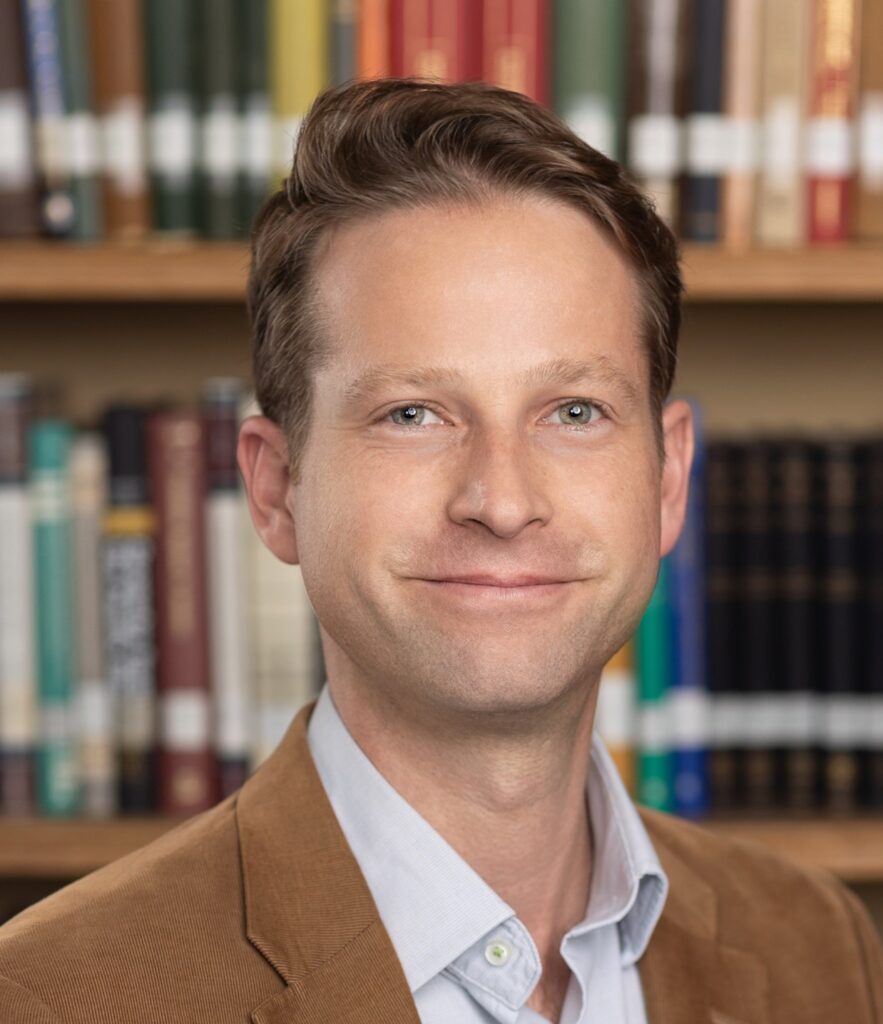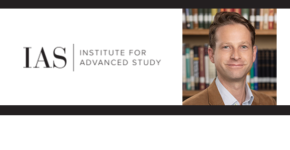 Whether there’s an afterlife is one of the “big questions” for humanity.
Whether there’s an afterlife is one of the “big questions” for humanity.
Alexander Englert, research associate at the Institute for Advanced Study, explores what one great logician thought.
Alexander Englert is a philosopher and research associate at the Institute for Advanced Study (IAS) in Princeton, New Jersey. He is interested in ethics, epistemology, and philosophy of religion, which he investigates primarily through the history of philosophy. Much of his work to date has focused on the period known as German Idealism, with a special focus on Immanuel Kant and G.W.F. Hegel. Currently, he is working on Kurt Gödel’ philosophy of religion.
Dr. Englert is the author of a forthcoming book investigating Kant’s ideal of the highest good, which is being published by Oxford University Press. His work has appeared in many venues, including Aeon, British Journal for the History of Philosophy, Inquiry, and Teaching Philosophy.
Before beginning at IAS, he was a postdoctoral research associate at Princeton University from 2020-2023. There he worked with Andrew Chignell and Lara Buchak in their project that brings together philosophy and religion, and which is part of the University Center for Human Values. He earned a Ph.D. in philosophy from the Johns Hopkins University, an M.A. from the Ruprecht-Karls-Universität Heidelberg (Germany), and a B.A. from Gettysburg College.
Why Gödel Believed in an Afterlife
Kurt Gödel is considered the 20th Century’s greatest logician, perhaps even the greatest since Aristotle. Among many accomplishments, his incompleteness theorems altered the course of mathematics and helped develop modern computing. These are well known. But what did Gödel think about beyond mathematics and logic?
In Gödel’s unpublished notebooks and correspondence, one finds a trove of ruminations about wide-ranging topics, many of which deal with – what some call – the big questions, or those traditionally associated with religion. One such gem is his reasoning for an afterlife.
Why did he believe we survive death? While nuanced, his basic reasoning is straightforward.
First, he thinks the world is rational. He doesn’t mean that everybody acts rationally, but rather that through science, logic, and math we glimpse an order that structures what we perceive. And this order isn’t random but intelligible. Naturally, new discoveries disrupt expectations and leave mystery, but they also shine new light on the familiar, allowing us to see and predict what happens in powerful ways.
From there, Gödel turns to us. To be human means to possess great potential. The potential, namely, to learn. He doesn’t mean learn new tricks, but instead learn to be wise by recognizing shortcomings as opportunities for personal growth. Alas, one lifetime is not enough.
Gödel concludes that we, as part of a rational world, cannot merely be given great, but unrealizable potential. Instead, it is only rational to assume that we possess it to fully realize it. And since one lifetime is insufficient, our lives must be opening acts in a play that we finish in a world to come.
Whether agreeing, disagreeing, or needing more time to think on it, we should give these and still undiscovered ideas from Gödel our attention – if only to get clear on what we ourselves believe.
